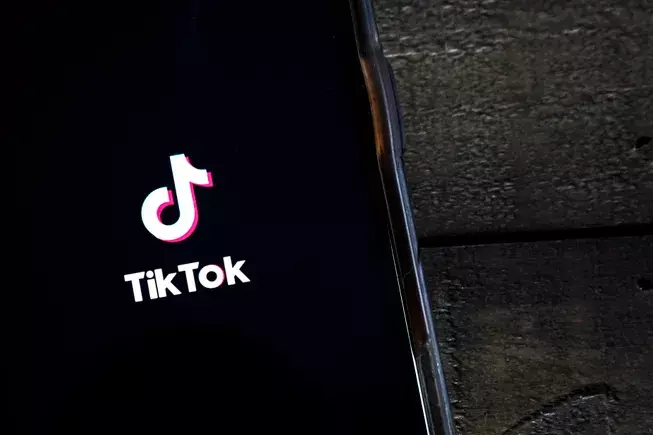In recent years, TikTok has become more than just an entertainment app; it has morphed into a geopolitical battleground. The platform’s rapid rise to global dominance caught the attention of U.S. regulators and policymakers, who view it with a mixture of suspicion and strategic concern. Despite its popularity among users, TikTok’s future in the United States hangs in a precarious balance, intricately intertwined with the broader American-China tensions. The U.S. government, under the Trump administration, has sought to restrict or even ban TikTok, citing national security fears linked to data privacy and Chinese government influence.
What makes this situation particularly complex is the inconsistency in policy implementation. Officially, TikTok is in violation of current U.S. law because it has not yet divested from its Chinese parent company, ByteDance, as mandated by the Senate-approved legislation. Yet, in practice, it continues to operate freely, largely because of political and economic considerations. The Trump administration’s repeated extensions of deadlines and the absence of concrete enforcement demonstrate how the issue has become a political theater rather than a straightforward legal matter. It reveals a fundamental truth: in the realm of global tech, power plays and national interests often take precedence over legal formalities or user-centric policies.
Failed Deals and Shifting Alliances
The most telling indicator of TikTok’s instability in the U.S. market is the recent collapse of potential sale negotiations. Initially, the Trump administration envisioned a deal where U.S.-based investors would purchase an 80% stake in TikTok’s American operations, ostensibly to shield national security interests while maintaining the platform’s access to American users. Leading the charge was a consortium comprising big names like Susquehanna International Group, General Atlantic, Oracle, and others.
However, tensions and uncertainties have fractured this fragile consensus. Notably, Blackstone, a major private equity firm initially poised to take a minority stake, has abruptly withdrawn from the deal. This development throws into question the integrity and viability of the entire proposed transaction. With the clock ticking—only around two months remaining to finalize the sale—the reluctance or inability of key players to commit suggests that the proposed solution may be nothing more than a temporary Band-Aid rather than a definitive resolution. Such setbacks serve to underscore the difficulty in reconciling conflicting interests: safeguarding national security, protecting foreign investment, and maintaining a popular platform.
Furthermore, this limbo is exacerbated by ongoing trade tensions between the U.S. and China, including tariffs and sanctions that further complicate negotiations. The fact that TikTok, a platform initially known for lighthearted videos, has now become a pawn in international trade debates illustrates the unpredictable nature of modern geopolitics. What was once a cultural phenomenon has now evolved into a geopolitical lever—a symbol of technological influence and economic leverage.
The Implications for Users and the Broader Digital Landscape
For everyday TikTok users, the political gridlock represents a kind of digital uncertainty. Content creators and consumers who rely on the platform for livelihood, entertainment, or community are left in limbo, unsure of whether TikTok will remain accessible in the U.S. in the near future. Prolonged uncertainty impacts creator incentives, platform investments, and even international perceptions of American commitment to free digital expression.
From a broader perspective, TikTok’s saga exemplifies the increasing convergence of technology, national security, and geopolitics. Governments are no longer content to rely solely on market forces or corporate self-regulation; instead, they are actively shaping the digital landscape to serve national interests. This raises essential questions about the future regulation of global tech giants. Will platforms like TikTok survive as independent entities, or will governments fragment the digital world into regional silos?
The situation also reflects a pivotal moment in global digital sovereignty. As countries seek to assert control over data flows and technological infrastructure, platforms operating across borders will face intensified scrutiny. TikTok’s contentious position highlights the fragility of cross-national digital cooperation. The app’s fate seems less about user choice and more about geopolitical posturing—a mirror to a world where technology is increasingly weaponized.
In short, the ongoing saga of TikTok’s uncertain U.S. future underscores how power structures and political motives are shaping the digital ecosystems of tomorrow. Whether the app survives or succumbs to governmental pressure, its story is a stark reminder of the complexities at the intersection of technology, security, and global diplomacy.


Leave a Reply